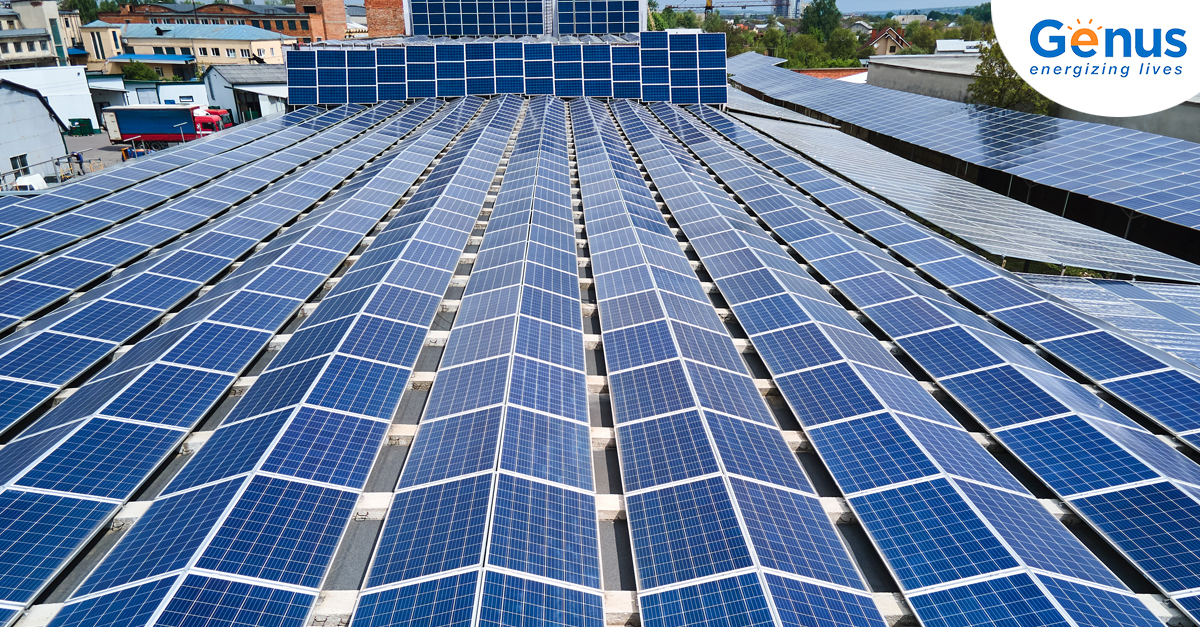The global demand for solar energy is on the rise, and it extends far beyond environmental concerns. Embracing solar power holds substantial economic advantages as well. The fundamental goals of solar energy are to tap into the most abundant, free energy source available to everyone on Earth—the sun—and to harness it for generating electricity to power homes and offices. While you may be familiar with some common applications of solar energy, there are lesser-known benefits that could make a significant impact.
Advantages of Solar Cells Unveiled
Zero Energy-Production Costs
In addition to the initial investment in manufacturing and installing solar panels, there are no ongoing costs associated with energy production or system maintenance. A comprehensive solar energy system, comprising solar panels, inverters, and batteries, can generate electricity without relying on external power sources. The sole requirement is consistent exposure to sunlight, making the initial investment recoverable over a short period.
Versatile Installation Options
Contrary to popular belief, solar panels aren’t restricted to rooftops or flat surfaces. They exhibit flexibility in both horizontal and vertical installations, provided they receive ample sunlight. Innovations are underway, introducing solar panels that can float on water surfaces to generate electricity. This versatility makes them a suitable choice for delivering power to remote areas.
Financial Savings Across Markets
Sunlight is universally accessible, rendering the cost of energy production through solar panels constant, regardless of market fluctuations, power supply cost increases, or changes in government policies. This stability leads to continuous energy savings for homes and businesses, translating into sustained economic benefits.
Reduced Energy Loss in Transport
Traditional energy transport involves increasing voltage and reducing current to minimize electricity loss during long-distance distribution. Installing panels at individual homes and rooftops can significantly reduce the overall distance, lowering energy loss during transportation and enhancing the efficiency of the electrical system.
Environmental and Economic Impact
Solar energy production is renowned for its environmental friendliness, utilizing a renewable energy source without producing greenhouse gases or air pollution. Beyond this, solar panels contribute to a quieter environment by generating no noise pollution. They absorb sunlight, keeping structures cooler and reducing the need for air conditioning. With zero waste generation and durability against extreme weather conditions, solar panels exhibit a prolonged lifespan, minimizing the need for replacements or new purchases.
Diverse Applications Beyond Electricity Generation
In addition to powering homes and businesses, solar panels find diverse applications, including generating heat for water heaters in residential and commercial spaces. They are also utilized for water distillation in remote areas with limited clean water access and serve as the primary source of electricity for satellites in space.
These lesser-known advantages of solar cells underscore the compelling reasons to invest in solar energy. Find out about the eco-friendly products offered.
Subscribe to our free newsletter
Stay in the loop! Subscribe to our newsletter for the latest updates, exclusive content, and exciting offers.
*By subscribing to our newsletter you agree to our Privacy Policy.






